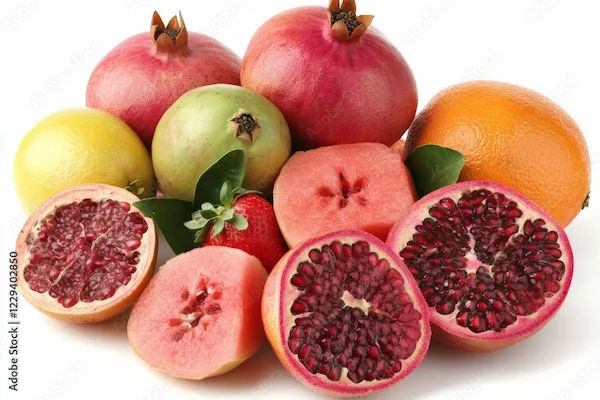Health Benefits of Staying Hydrated
Know the health benefits of drinking water, why is it important, signs of dehydration, how much water you should drink and tips to stay hydrated.

Written by Dr. J T Hema Pratima
Reviewed by Dr. D Bhanu Prakash MBBS, AFIH, Advanced certificate in critical care medicine, Fellowship in critical care medicine
Last updated on 7th Aug, 2025

Introduction
Staying hydrated is one of the simplest yet most powerful ways to maintain good health. Water makes up about 60% of our body weight and plays a crucial role in nearly every bodily function. From digestion to brain function, hydration is key to keeping your body running smoothly.
In this article, we’ll explore why staying hydrated is so important, the signs of dehydration, and practical tips to ensure you drink enough water every day.
Why Is Hydration Important?
Water is essential for:
1. Regulating Body Temperature – Sweating helps cool you down, especially during exercise or hot weather.
2. Supporting Digestion – Water helps break down food and prevents constipation.
3. Flushing Out Toxins – Kidneys need water to filter waste through urine.
4. Lubricating Joints – Hydration keeps joints flexible and reduces stiffness.
5. Boosting Brain Function – Even mild dehydration can cause headaches, fatigue, and poor concentration.
6. Maintaining Healthy Skin – Proper hydration keeps skin moisturised and reduces dryness.
Consult a General Practitioner for Personalised Advice
Signs You’re Not Drinking Enough Water
Your body gives clear signals when it needs more fluids. Look out for:
Dark yellow urine (light yellow or clear is ideal)
Dry mouth, lips, or skin
Headaches or dizziness
Fatigue and low energy
Muscle cramps
Constipation
If you experience these symptoms often, you may need to increase your water intake.
How Much Water Should You Drink?
The common recommendation is 8 glasses (about 2 litres) per day, but individual needs vary based on:
Activity level (more if you exercise)
Climate (hot weather increases water loss)
Health conditions (pregnancy, breastfeeding, or illnesses may require more fluids.
A simple rule: Drink when you’re thirsty, and sip water throughout the day.
Tips to Stay Hydrated
Tips to stay hydrated include:
1. Carry a Water Bottle – Keep one handy to remind yourself to drink.
2. Eat Water-Rich Foods – Cucumbers, watermelon, oranges, and soups help with hydration.
3. Set Reminders – Use phone alerts or apps to track your intake.
4. Flavour Your Water – Add lemon, mint, or berries for a refreshing twist.
5. Drink Before Meals – A glass of water before eating aids digestion.
6. Monitor Urine Colour – Aim for pale yellow (a sign of good hydration).
When to Seek Medical Help?
Severe dehydration can be dangerous. Seek medical attention if you experience:
Extreme thirst or no urination for hours
Confusion or fainting
Rapid heartbeat or breathing
Sunken eyes or dry skin that doesn’t bounce back when pinched
Final Thoughts
Staying hydrated is a small habit with big health benefits like regulating body temperature, flushing out toxins and keeping the body healthy overall. By drinking enough water daily, you can boost energy, improve digestion, and keep your body functioning at its best.
Consult a General Practitioner for Personalised Advice
Consult a General Practitioner for Personalised Advice

Dr Syed Mateen Pasha
General Physician
2 Years • MBBS
Bengaluru
PRESTIGE SHANTHINIKETAN - SOCIETY CLINIC, Bengaluru

Dr. Anand Ravi
General Physician
2 Years • MBBS
Bengaluru
PRESTIGE SHANTHINIKETAN - SOCIETY CLINIC, Bengaluru

Dr. Syed Ismail Ali
General Practitioner
7 Years • MBBS
Hyderabad
Apollo 24|7 Clinic, Hyderabad
Dr. Karanam Kondalamma
General Practitioner
4 Years • MBBS
Hyderabad
KK Clinic, Hyderabad

Dr. Johnson. S
General Practitioner
7 Years • MBBS MD(Preventive and social Medicine)
Pune
Apollo Clinic, Nigdi, Pune




